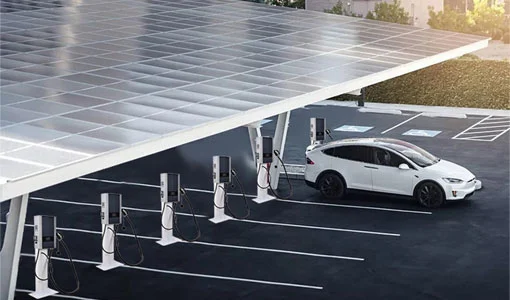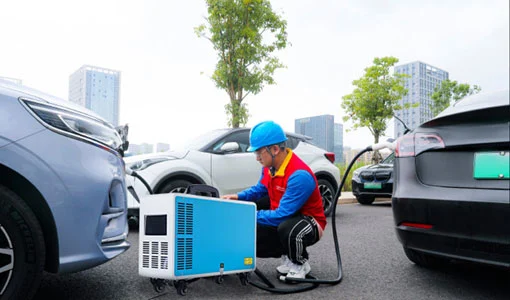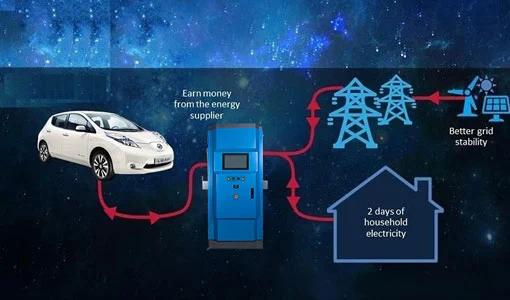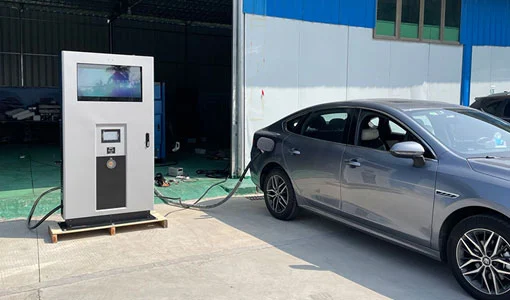Designed with cutting-edge technology, Max Power EV Chargers ensure efficient and reliable charging for electric vehicles. With sleek and compact design, they seamlessly integrate into any environment, be it residential, commercial, or public spaces. Equipped with advanced safety features and a user-friendly interface, they offer a convenient and secure charging experience. Trust Max Power's OEM/ODM EV Charger for superior performance, durability, and eco-friendliness, as we strive to power the future of electric transportation.




Customization: OEM/ODM services offer the flexibility to design chargers that meet unique specifications, including branding, functionality, and design preferences. This ensures that the final product aligns perfectly with the client's vision and market needs.
Cost-Effective: By leveraging the expertise of OEM/ODM manufacturers, businesses can significantly reduce the costs associated with research, development, and production. This allows for competitive pricing and better market penetration.
Quick Market Entry: With the design and manufacturing processes handled by experienced professionals, businesses can bring their EV chargers to market faster. This is crucial in the rapidly evolving EV industry, where staying ahead of the competition is vital.
High Quality and Reliability: Established OEM/ODM manufacturers have stringent quality control measures in place, ensuring that every charger produced meets high standards of performance and safety. This reliability translates to enhanced consumer trust and satisfaction.
Scalability: OEM/ODM services provide the flexibility to scale production based on market demand. This scalability ensures that businesses can respond quickly to changes in market conditions and consumer preferences.
Smart Charging Technology: Integration of advanced features such as intelligent load management, remote monitoring, and mobile app connectivity to provide a seamless charging experience.
Safety and Compliance: Adherence to international safety standards and certifications to ensure the chargers are safe for use in various environments and meet regulatory requirements.
Energy Efficiency: Design and manufacturing focus on energy-efficient components and technologies to minimize energy consumption and environmental impact.
User-Friendly Design: Ergonomic and intuitive designs that make EV chargers easy to use for all consumers, enhancing the overall user experience.
Robust Construction: Use of durable materials and construction techniques to ensure the longevity and reliability of the chargers in different operating conditions.
Whether OEM (Original Equipment Manufacturer) chargers are better depends on several factors, including the specific needs of the user, compatibility with the vehicle, and the intended use.
Advantages of OEM Chargers:
Compatibility: OEM chargers are designed specifically for the vehicle by the ev charger manufacturers, ensuring perfect compatibility and optimal performance.
Reliability: They often undergo rigorous testing by the vehicle manufacturer, making them highly reliable.
Warranty Support: Using an OEM charger can help maintain the vehicle's warranty, as it is approved by the manufacturer.
Integrated Features: OEM chargers may come with features tailored to the specific vehicle, such as integration with the vehicle’s software for monitoring and control.
Considerations for Aftermarket Chargers:
Cost: Aftermarket chargers may be less expensive than OEM chargers, offering a more budget-friendly option.
Variety: There are many aftermarket chargers with different features, power levels, and designs, providing more options for users.
Quality: The quality of aftermarket chargers can vary, so it's essential to choose a reputable brand.
Flexibility: Some aftermarket chargers may offer additional features or greater flexibility, such as faster charging speeds or better portability.
OEM chargers are generally better in terms of compatibility, reliability, and support, especially for those who want a charger specifically designed for their vehicle. However, high-quality aftermarket chargers can also be a good choice, particularly if cost or specific features are a concern. The best option depends on the user’s priorities and requirements.